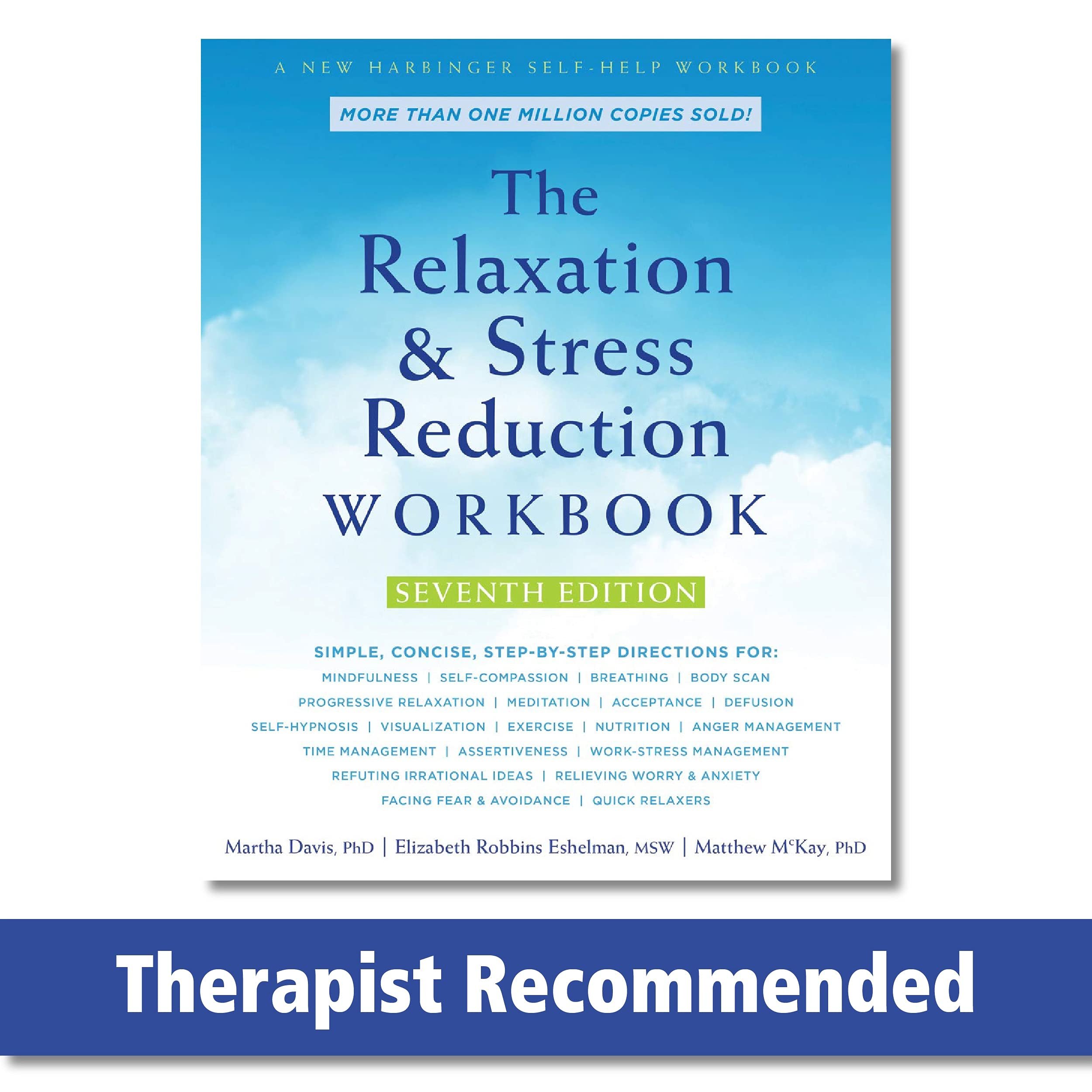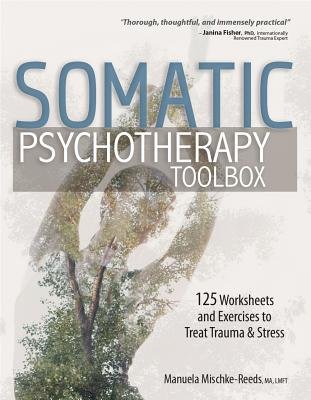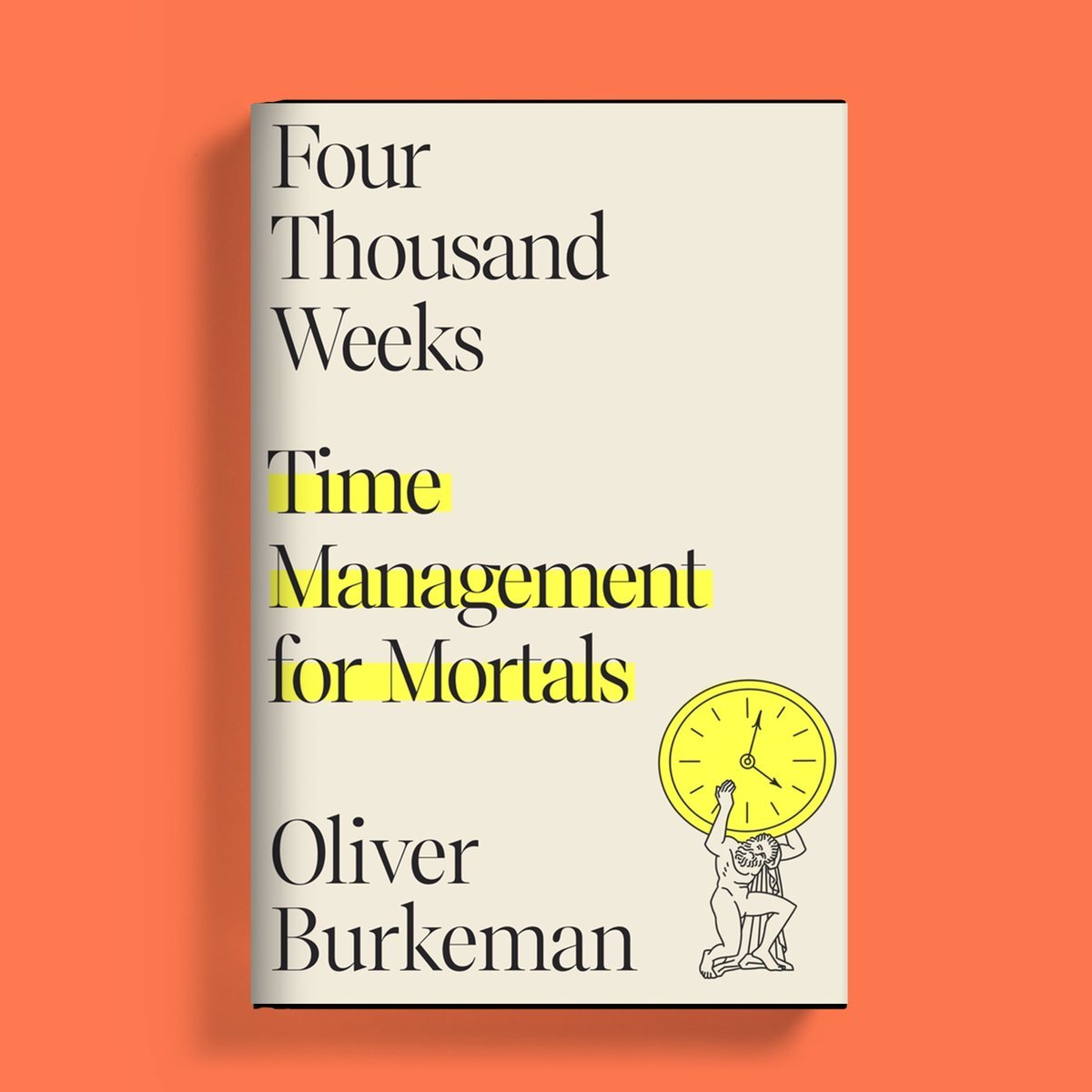Recommended Books
When possible, book links on this site will open a new window with the City Books Bookshop.org page. City Books is a sole proprietorship small used book store on the North Side of Pittsburgh. Owned by Arlen Hess (no relation!), this is more than just a place to browse. Their website offers opportunities for action in the community and in our country. Highly recommend!
Now in its seventh edition--with more than one million copies sold worldwide--The Relaxation and Stress Reduction Workbook remains the go-to resource for stress reduction strategies that can be incorporated into even the busiest lives.
The Relaxation and Stress Reduction Workbook broke new ground when it was first published in 1980, detailing easy, step-by-step techniques for calming the body and mind in an increasingly overstimulated world. Now in its seventh edition, this fully revised and updated workbook--highly regarded by therapists and their clients--offers the latest stress reduction techniques to combat the effects of stress and integrate healthy relaxation habits into every aspect of daily life.
This new edition also includes powerful self-compassion practices, fully updated chapters on the most effective tools for coping with anxiety, fear, and panic--such as worry delay and defusion, two techniques grounded in acceptance and commitment therapy (ACT)--as well as a new section focused on body scan.
In the workbook, you'll explore your own stress triggers and symptoms, and learn how to create a personal action plan for stress reduction. Each chapter features a different method for relaxation, explains why the method works, and provides on-the-spot exercises you can do when you feel stressed out. The result is a comprehensive yet accessible workbook that will help you to curb stress and cultivate a more peaceful life.
From over 25 years of clinical experience, Manuela Mischke- Reeds, MA, LMFT, has created the go-to resource for mental health therapists who want to incorporate somatic techniques into their daily practice. Highly-effective for clients dealing with trauma and stress disorders, somatic psychotherapy is the future of healing the entire person-body and mind.
Section-by-section, this toolbox guides the clinician through:
Targeted somatic interventions for trauma, stress and PTSD
Steps to incorporate the body into your current therapeutic approach
Mindfulness techniques and breath work
Starting guidelines, safety concerns and keys to success
Getting to know their own body to better use body work with clients
The average human lifespan is absurdly, insultingly brief. Assuming you live to be eighty, you have just over four thousand weeks.Nobody needs telling there isn't enough time. We're obsessed with our lengthening to-do lists, our overfilled inboxes, work-life balance, and the ceaseless battle against distraction; and we're deluged with advice on becoming more productive and efficient, and "life hacks" to optimize our days. But such techniques often end up making things worse. The sense of anxious hurry grows more intense, and still the most meaningful parts of life seem to lie just beyond the horizon. Still, we rarely make the connection between our daily struggles with time and the ultimate time management problem: the challenge of how best to use our four thousand weeks.Drawing on the insights of both ancient and contemporary philosophers, psychologists, and spiritual teachers, Oliver Burkeman delivers an entertaining, humorous, practical, and ultimately profound guide to time and time management. Rejecting the futile modern fixation on "getting everything done," Four Thousand Weeks introduces readers to tools for constructing a meaningful life by embracing finitude, showing how many of the unhelpful ways we've come to think about time aren't inescapable, unchanging truths, but choices we've made as individuals and as a society--and that we could do things differently.
The "lively" (The New Yorker), "convincing" (Forbes), and "riveting pick-me-up we all need right now" (People) that proves humanity thrives in a crisis and that our innate kindness and cooperation have been the greatest factors in our long-term success as a species.If there is one belief that has united the left and the right, psychologists and philosophers, ancient thinkers and modern ones, it is the tacit assumption that humans are bad. It's a notion that drives newspaper headlines and guides the laws that shape our lives. From Machiavelli to Hobbes, Freud to Pinker, the roots of this belief have sunk deep into Western thought. Human beings, we're taught, are by nature selfish and governed primarily by self-interest.
But what if it isn't true? International bestseller Rutger Bregman provides new perspective on the past 200,000 years of human history, setting out to prove that we are hardwired for kindness, geared toward cooperation rather than competition, and more inclined to trust rather than distrust one another. In fact this instinct has a firm evolutionary basis going back to the beginning of Homo sapiens.From the real-life Lord of the Flies to the solidarity in the aftermath of the Blitz, the hidden flaws in the Stanford prison experiment to the true story of twin brothers on opposite sides who helped Mandela end apartheid, Bregman shows us that believing in human generosity and collaboration isn't merely optimistic--it's realistic. Moreover, it has huge implications for how society functions. When we think the worst of people, it brings out the worst in our politics and economics. But if we believe in the reality of humanity's kindness and altruism, it will form the foundation for achieving true change in society, a case that Bregman makes convincingly with his signature wit, refreshing frankness, and memorable storytelling.






